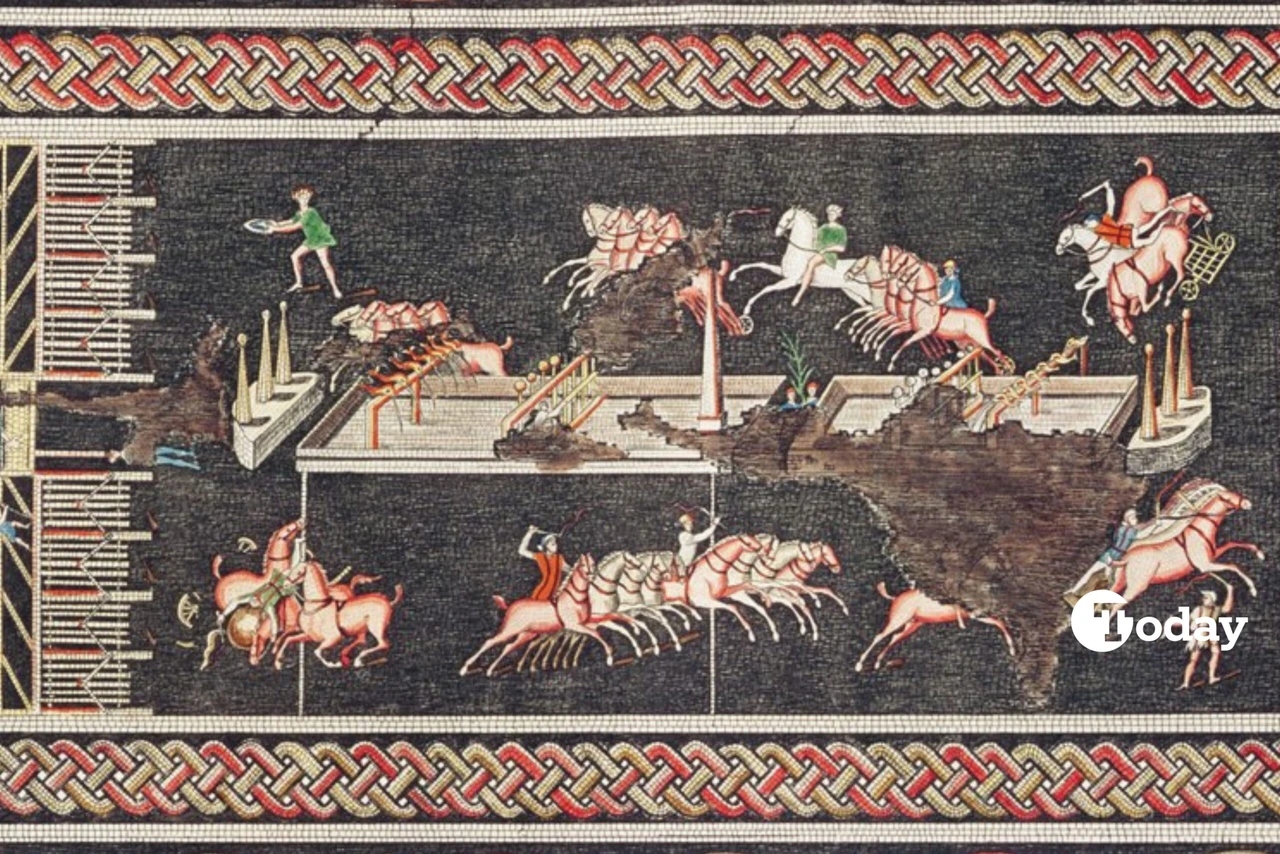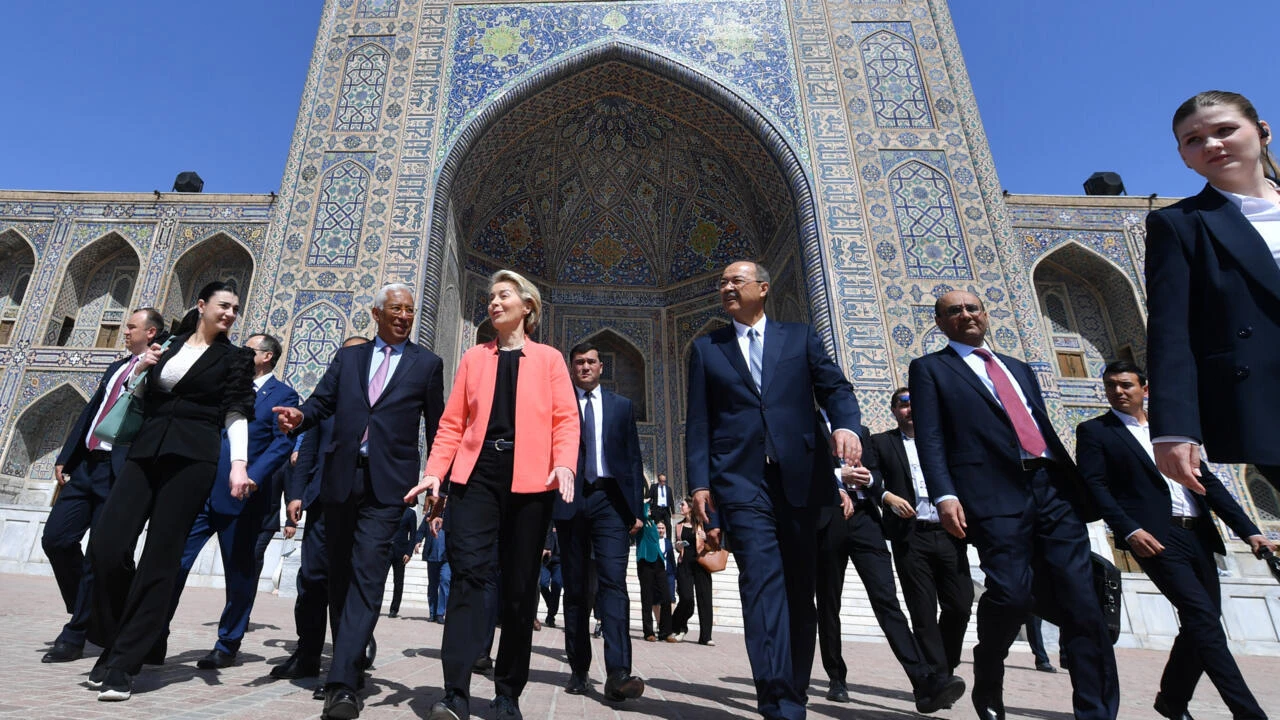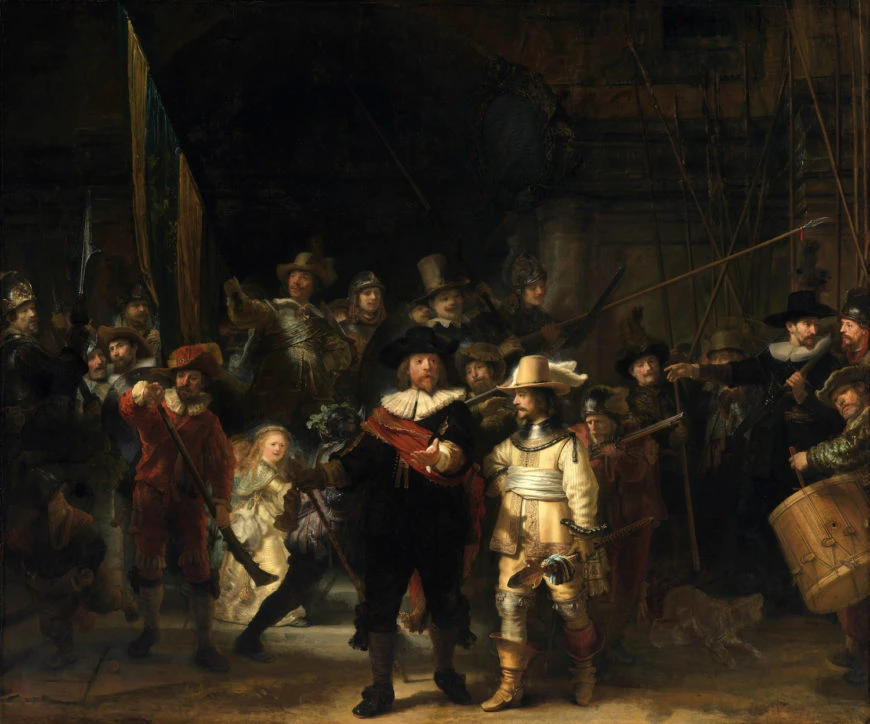Uncovering Türkiye’s underground economy: Illegal betting
 Türkiye's illegal betting sector is rapidly expanding, posing significant challenges for state control. (Photo courtesy of NBC)
Türkiye's illegal betting sector is rapidly expanding, posing significant challenges for state control. (Photo courtesy of NBC)
In Türkiye, the illegal betting sector is rapidly expanding, posing significant challenges for state control. This sector has become the primary source of money laundering in the country, involving millions of people annually. But how does this system operate?

What’s the difference between illegal and legal betting in Türkiye?
The illegal betting sector is one of the primary areas in Türkiye with the highest demand for money laundering. Illegal betting is widespread due to Türkiye’s distinct regulations on betting compared to other countries.
In Türkiye, the government authorizes a company to set the odds and place bets through a tender. While in European countries, companies that want to place bets are given a betting license if they meet the conditions.
A larger pool of companies increases the winning margin for players by offering more alternative bets due to competitive conditions.
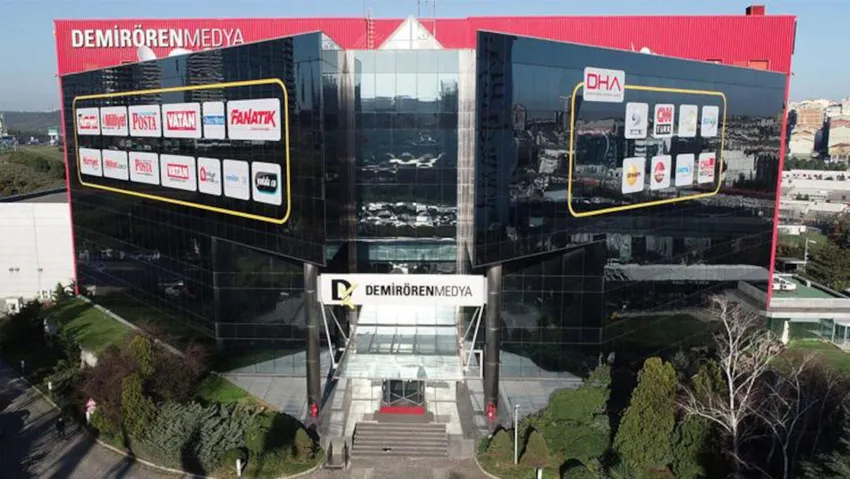
When was betting tender held in Türkiye?
The tender was awarded to the Demiroren Group and Scientific Games Partnership for 10 years in 2019.
Demiroren Group is also the owner of Demiroren Medya, one of the largest media organizations in the country. The country’s most watched channels and most widely read newspapers belong to this organization.
The monopolization of betting in Türkiye affects the competitive environment. This is one of the factors in the spread of illegal betting in the country.
Illegal betting in Türkiye in numbers
Around 5 million people are using illegal betting sites in Türkiye. A 2017 report by the Financial Crimes Investigation Board is the most up-to-date reliable source on the subject. The report states that the number of people placing illegal bets in 2017 exceeded 5 million. By 2024, this figure is estimated to be much higher.
The amount spent on illegal betting in Türkiye is estimated to be over $10 billion today. The most recent concrete information on this issue was provided in 2021 by the main opposition party, with then CHP Istanbul deputy Ozgur Karabat stating that the data for 2020 was approximately $8 billion.
In 2023, 159,515 sites were closed by the government on the grounds of illegal betting.
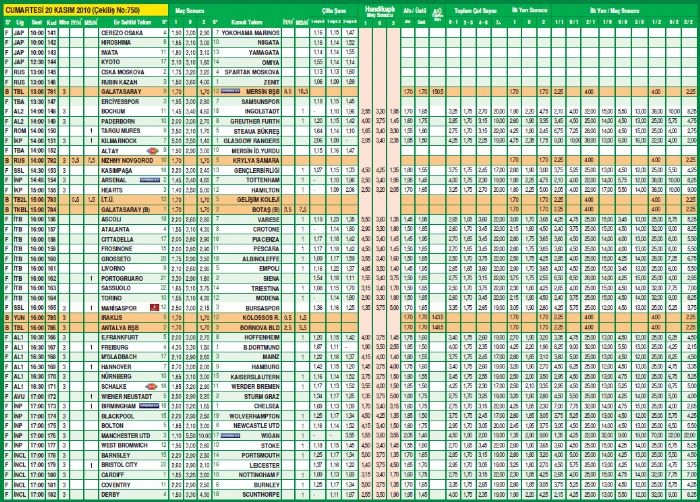
Why is there so much demand for illegal betting?
There is a difference of 1.5 to 2 times between the odds given on illegal betting sites and those placed with government permission. For example, a ₺100 bet on the winning rate of a team with a state-approved betting company can earn ₺120, while the same rate can be up to ₺140 on illegal betting sites.
In Türkiye, when a betting player wants to bet on a single match, they often do not have this opportunity. Many times, when a betting player wants to bet on the result of a single match, they are required to choose two or more matches instead.
In many European countries, people can bet on a wide range of alternatives, such as how many corners there will be in the match, which team will score more corners, which team will shoot more, how many yellow cards will be shown in the match, and so on. In Türkiye, the bookmaker does not allow many of these alternative selections to be played.
These are some of the factors why people prefer illegal betting.
How is undeclared money integrated into system annually?
It is becoming increasingly difficult to get undeclared money into the system through banks. When the state detects unrecorded money movements, it imposes major sanctions up to the closure of banks. This is where fintech companies, which are established with new technology and take advantage of legal loopholes, come into play. These less-regulated structures are one of the factors that make it easier for unrecorded money to enter the system.
The use of shell, mailbox, signboard, fake or virtual companies can be used to operate coin-operated entertainment venues, parking lots and laundromats, gas stations, fast food restaurants, cash-intensive legal businesses such as brokerage houses and foreign exchange kiosks, or completely fictitious companies can be established or purchased.
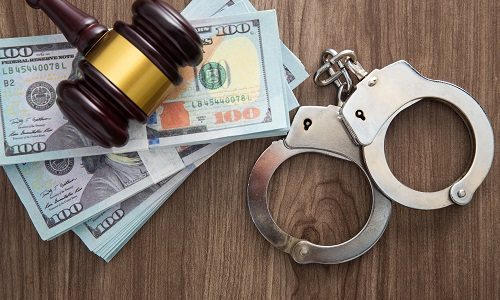
Result
The government is enhancing conditions to attract the significant sums of money funneled into the illegal betting sector back into the legal system. Compared to the previous tender, the new one allows bettors to choose from more alternative options. However, these new conditions have not yet reduced the size of the illegal betting sector. Every year, earnings from informal sources are attempted to be laundered back into the system through various methods.
